
Producer Bob Ezrin convinced Pink Floyd to put a disco beat and children's chorus on "Another Brick In The Wall (Part 2)," which started out as a short interstitial for their album The Wall.
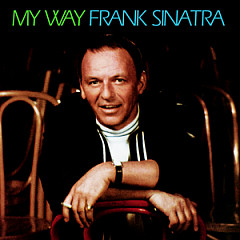
According to Frank Sinatra's daughter, he hated "My Way," but had to sing it at every show when it became his signature song.
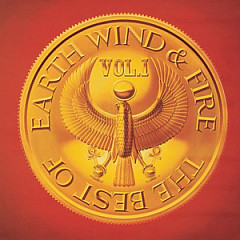
The chorus in "September" by Earth, Wind & Fire is "Bada-Ya, dancing in September." Maurice White left it "Bada-Ya" instead of a real word because he never let a lyric get in the way of a groove.
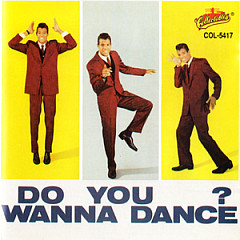
Bobby Freeman's '50s hit "Do You Want To Dance" was also a Hot 100 hit for Del Shannon, The Beach Boys, The Mamas & the Papas, Bette Midler and the Ramones.
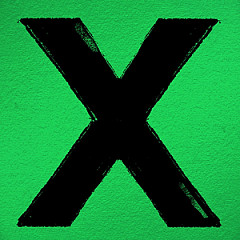
"Sing" was inspired by a girl that Ed Sheeran met in Las Vegas in the summer of 2013, when "one thing led to another and now she's kissing my mouth."
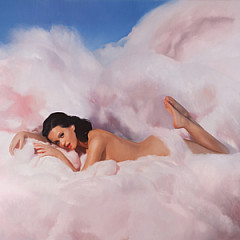
Katy Perry's song "E.T." came from a beat originally intended for the rap group Three Six Mafia. When her producer accidentally pulled up the beat, Perry asked to use it.

The king of Christian worship music explains talks about writing songs for troubled times.
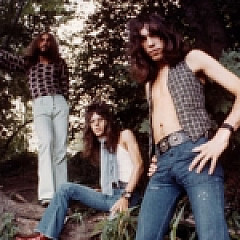
Richie talks about producing the first two Kiss albums, recording "Brother Louie," and the newfound appreciation of his rock band, Dust.

Surprise exits, a catfight and some very memorable performances make our list of the most memorable Idol moments.

"Come On Eileen" was a colossal '80s hit, but the band - far more appreciated in their native UK than stateside - released just three albums before their split. Now, Dexys is back.
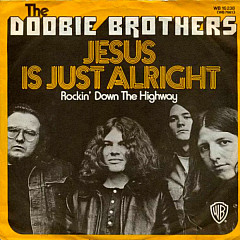
These overtly religious songs crossed over to the pop charts, despite resistance from fans, and in many cases, churches.
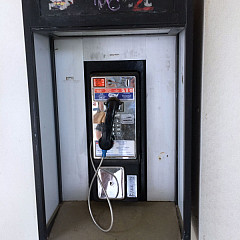
Phone booths are nearly extinct, but they provided storylines for some of the most profound songs of the pre-cell phone era.